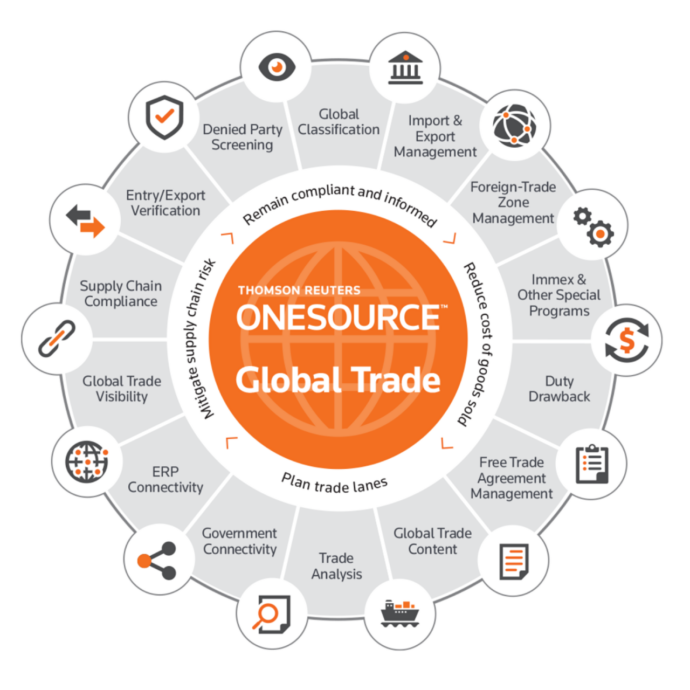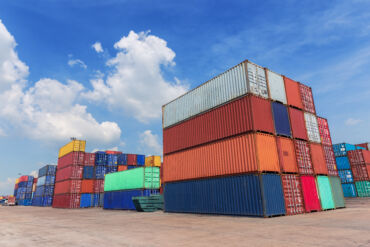The world of global trade is experiencing a period of unprecedented disruption. Traditional routes and timelines are in disarray, throwing a wrench into the well-oiled machines of international commerce. These disruptions have a significant impact not just on logistics and delivery times, but also on corporate tax implications. Understanding the interplay between these factors is crucial for tax and trade professionals across multinational corporations.
The Suez conundrum and the Panama predicament
Two major chokepoints, the Suez Canal and the Panama Canal, are at the forefront of these disruptions. The Suez Canal faces security concerns due to Houthi attacks in the Red Sea, prompting companies like Maersk to reroute via the longer Cape of Good Hope. This increases fuel costs and delivery times. The Panama Canal, on the other hand, grapples with water scarcity caused by climate change. This limitation on vessel size and transit numbers reduces capacity and creates potential delays.
What are the tax implications of disrupted trade flows?
These disruptions have several tax consequences for multinational corporations:
- Transfer pricing: Changes in sourcing strategies due to rerouting or near-shoring can affect transfer pricing models. Companies may need to re-evaluate the arm’s length principle for transactions between related entities in different countries.
- Profit attribution: Delays in delivery times may impact when profits are recognized for tax purposes. Tax authorities may scrutinize the timing of profit recognition considering disrupted cargo movement.
- Intangible property: Shifting production locations could affect the location of intellectual property (IP) and the associated tax implications. The location of R&D activities and where IP is registered might need reassessment.
- Withholding taxes: Changes in sourcing locations can alter the application of withholding taxes on royalties, dividends, and other payments between related entities.
- Customs duties & tariffs: Rerouting cargo through alternative routes might expose goods to additional customs duties or tariffs depending on the new jurisdiction. Understanding these potential costs is crucial.
The China-Taiwan factor
The ongoing tensions between China and Taiwan add another layer of complexity. Many corporations rely on Taiwanese manufacturing for specific components or finished goods. Any escalation in this conflict could further disrupt supply chains and force companies to diversify their sourcing strategies. This, in turn, would have tax implications associated with potential shifts in production locations.
Corporate tax planning strategies
Tax and trade professionals can help companies navigate these choppy waters by implementing proactive strategies:
- Scenario planning: Conduct simulations to assess the cost and tax impact of different disruption scenarios, including changes in sourcing, routing, and delivery timelines.
- Continuous monitoring: Stay informed about geopolitical developments, security risks, and evolving trade policies that might affect global trade flows.
- Tax treaty analysis: Review relevant tax treaties between countries involved in the supply chain to optimize tax benefits and minimize potential double taxation.
- Transfer pricing documentation: Maintain robust transfer pricing documentation that reflects any changes in sourcing or production locations. This documentation is critical during potential tax and trade compliance audits.
- Communication & collaboration: Foster open communication between tax, trade compliance, logistics, and finance departments to ensure a holistic understanding of the tax implications of trade disruptions.
Building resilience for future global trade disputes
The key to surviving these disruptions lies in building a resilient supply chain. Here’s what you can do:
- Diversify sourcing: Don’t rely on a single source for materials or components. Spread your sourcing across different locations.
- Invest in technology: Utilize real-time cargo tracking technology to monitor your shipments and react to disruptions promptly.
- Strong supplier relationships: Build strong relationships with alternative suppliers so you have options if your primary source faces disruptions.
By working together with tax professionals and implementing these strategies, corporate global trade compliance directors can navigate disruptions and ensure their companies remain tax-compliant in a constantly evolving global trade environment.
In navigating the complexities of global trade disruptions and their associated tax implications, corporations need to adopt comprehensive solutions that can streamline processes and ensure compliance.
A holistic product solution, such as ONESOURCE Global Trade from Thomson Reuters, offers a robust framework for managing the multifaceted challenges presented by changes in trade routes, tax regulations, and supply chain dynamics. Leveraging ONESOURCE can empower tax and trade professionals to effectively coordinate across departments, ensuring that their organizations not only remain compliant but also thrive in a rapidly evolving global market.
 |










